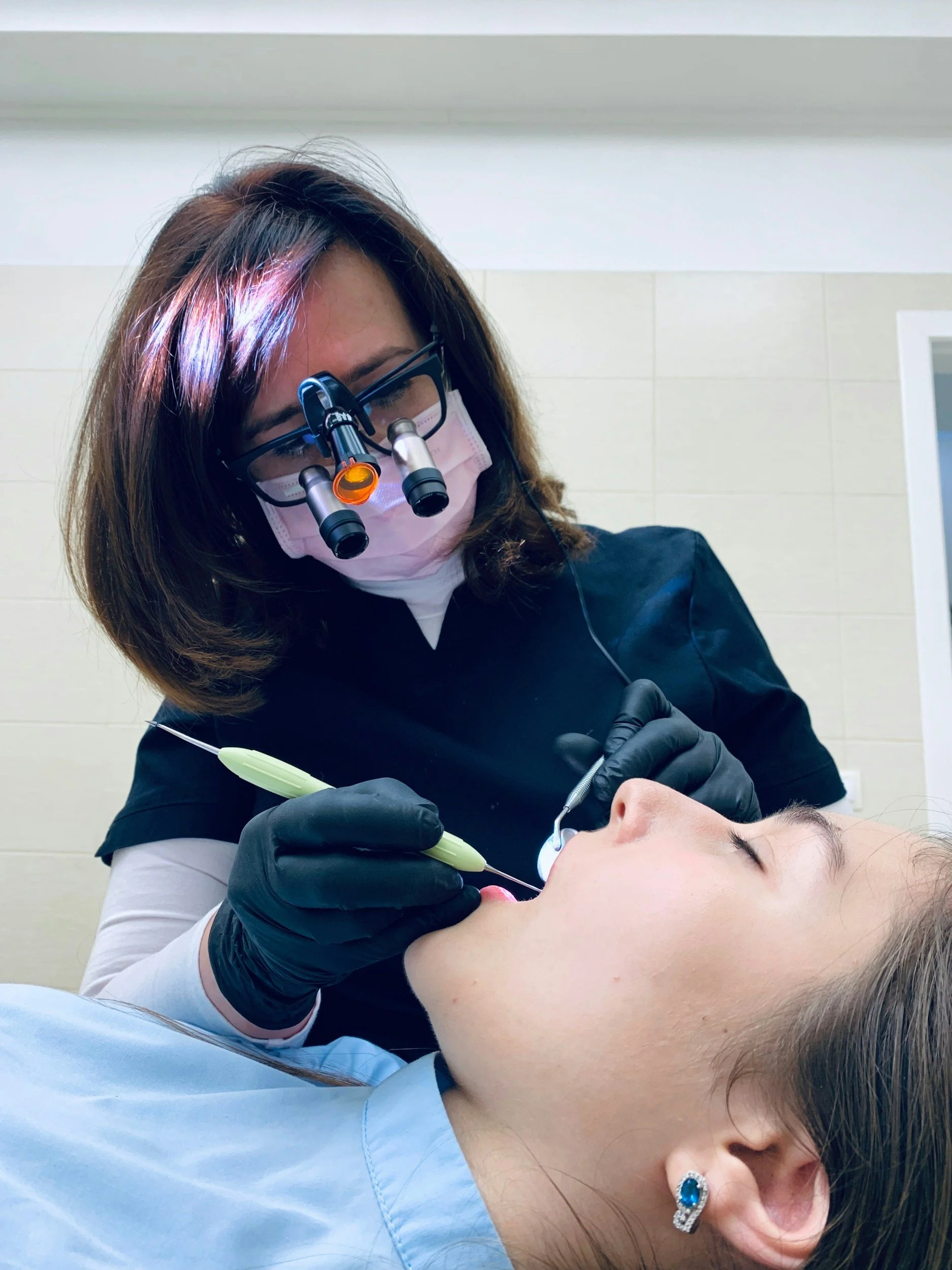Aberdeen Flu Vaccination Centres: What You Need to Know - Locations and Eligibility for 2024
As flu season approaches, Aberdeen residents are preparing to protect themselves and their loved ones. Aberdeen Flu Vaccination Centres play a crucial role in this effort, offering accessible and efficient immunization services across the city.
These centres provide free flu shots to eligible individuals, including those over 65, pregnant women, and people with certain medical conditions. Locations are strategically placed throughout Aberdeen to ensure convenient access for all residents.
Protecting oneself against the flu is essential for maintaining overall health and preventing the spread of illness within the community. By getting vaccinated at one of Aberdeen's flu centres, individuals take an important step in safeguarding their wellbeing and that of those around them.
Understanding Flu Vaccination
Flu vaccines play a crucial role in protecting public health. They work by stimulating the immune system to produce antibodies against specific influenza virus strains.
The Importance of Flu Vaccines
Flu vaccines significantly reduce the risk of illness, hospitalization, and death from influenza. They protect not only individuals but also contribute to community immunity. This helps prevent the spread of the virus to vulnerable populations.
Yearly vaccination is essential due to the evolving nature of flu viruses. The vaccine's composition is updated annually to match circulating strains. This ensures optimal protection against the most prevalent flu viruses each season.
Flu vaccines are particularly important for high-risk groups. These include young children, older adults, pregnant women, and people with chronic health conditions. By getting vaccinated, these groups can avoid severe complications from the flu.
Who Should Get the Vaccine
The NHS recommends annual flu vaccination for most people. This includes:
- Adults aged 65 and over
- Pregnant women
- Children aged 2-17
- People with certain medical conditions
- Frontline health and social care workers
Individuals with egg allergies can now receive most flu vaccines safely. Those with severe allergies should consult their doctor first.
People who have had Guillain-Barré syndrome should discuss vaccination with their healthcare provider. In most cases, the benefits of flu vaccination outweigh the risks.
Types of Flu Vaccines Available
Several types of flu vaccines are available:
- Inactivated influenza vaccine: Given as an injection, suitable for most people aged 6 months and older.
- Live attenuated influenza vaccine: Administered as a nasal spray, approved for healthy individuals aged 2-49.
- High-dose vaccines: Designed for adults 65 and older, providing stronger immune response.
- Adjuvanted vaccines: Contain an ingredient that helps create a stronger immune response in older adults.
- Cell-based vaccines: Produced using animal cell lines instead of egg-based technology.
The choice of vaccine depends on factors such as age, health status, and vaccine availability. Healthcare providers can recommend the most appropriate option for each individual.
Vaccination Logistics and Aftercare
Aberdeen's flu vaccination programme is designed to be efficient and accessible. The process involves strategic planning for vaccine distribution, administration, and post-vaccination care.
Locations and Scheduling
Flu vaccines are available at various locations across Aberdeen. GP surgeries, pharmacies, and dedicated vaccination centres offer the jab. Many workplaces also arrange on-site vaccinations for employees.
Scheduling is flexible, with options for walk-in appointments at some locations. Online booking systems allow patients to choose convenient time slots. Priority is given to high-risk groups, including people 65 years and older, pregnant individuals, and those with chronic health conditions.
Patients with egg allergies should inform healthcare providers when booking. Alternative egg-free vaccines are available for those with severe allergies.
What to Expect During Vaccination
The vaccination process is quick and straightforward. Patients are asked to wear loose-fitting clothes for easy access to the upper arm. A healthcare professional administers the vaccine via injection.
The procedure typically takes less than five minutes. Patients may be asked to wait 15 minutes post-injection to monitor for any immediate reactions.
Those with certain medical conditions may require additional precautions. This includes individuals with:
- Cancer
- COPD
- Diabetes
- Heart disease
- Asthma
- Kidney or liver disease
Aftercare and Managing Side Effects
Post-vaccination, mild side effects are common and usually subside within a few days. These may include:
- Soreness at the injection site
- Low-grade fever
- Headache
- Muscle aches
To manage these symptoms:
- Apply a cold compress to reduce arm soreness
- Take paracetamol or ibuprofen if needed
- Rest and stay hydrated
Severe allergic reactions (anaphylaxis) are rare but require immediate medical attention. Symptoms include difficulty breathing, rapid heartbeat, and dizziness.
It's advisable to avoid strenuous activities for 24-48 hours post-vaccination. The flu vaccine takes about two weeks to provide full protection.
More Health Articles
According to research, millions of people are currently living with hearing loss without knowing they have an impairment. Most think they are fine because the decline in their hearing occurred over so many years and sometimes decades.
Cavities are a common dental issue among children, often caused by improper oral hygiene, sugary diets, and the natural structure of baby teeth, which are more prone to decay. If left untreated, cavities can lead to pain, infections, and difficulties with eating or speaking. Kids’ dentists play a crucial role in treating cavities early to maintain a child's oral health.






